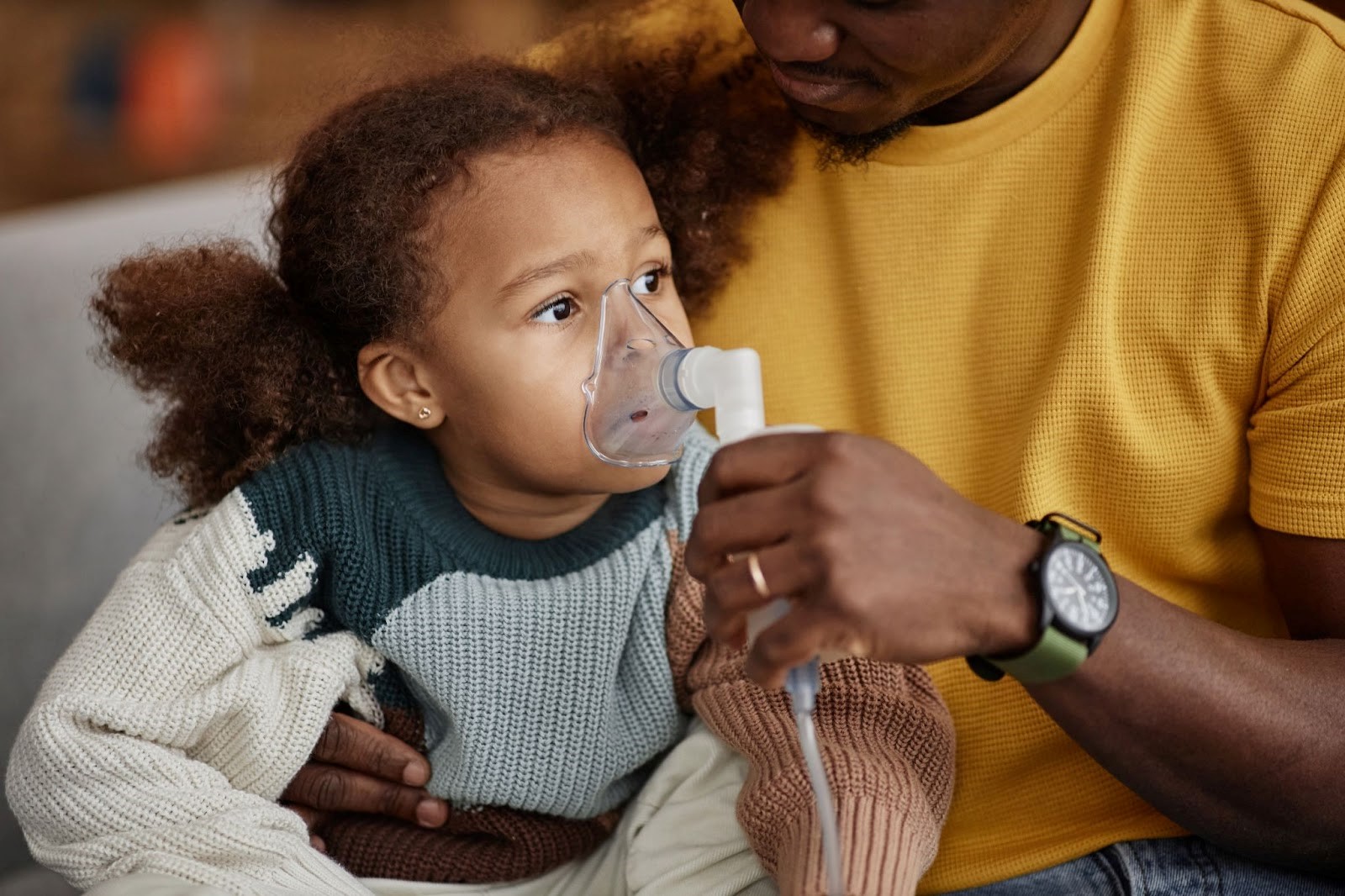
Winter holidays bring excitement, family gatherings, and sometimes travel to colder destinations. However, for children with asthma, the season’s challenges—cold air, respiratory illnesses, and changes in routine—can increase the risk of asthma flare-ups. Preparing ahead can help your child breathe easier and enjoy the holiday season to the fullest.
Why Does Cold Air Trigger Asthma?
Cold, dry air irritates the sensitive airways of children with asthma, causing them to tighten and inflame—a reaction called bronchoconstriction. Additionally, the winter season often coincides with respiratory illnesses like colds and the flu, which can further exacerbate asthma symptoms.
Travel-Related Challenges for Children with Asthma
Holiday travel can introduce additional challenges, including exposure to different climates, allergens, and disrupted routines that make asthma harder to control. With proper planning, you can minimize these risks and ensure your child stays healthy while away from home.
Managing Pediatric Asthma in Cold Weather and While Traveling
1. Plan Ahead Before Your Trip
- Visit the Pediatrician: Schedule a pre-travel check-up to review your child’s asthma action plan and ensure their prescriptions are current.
- Pack Medications: Bring all necessary asthma medications, including controller and rescue inhalers, spacers, nebulizers, and any prescriptions. Keep these items in your carry-on bag when flying.
- Create a Travel Action Plan: Know where to seek medical care at your destination in case of an asthma emergency.
2. Dress Your Child for Winter Weather
- Protect the Airways: Encourage your child to wear a scarf or mask over their nose and mouth to warm and humidify the air they breathe.
- Layer Up: Dress your child in warm layers to prevent exposure to cold air, but ensure they don’t overheat during play or travel.
3. Stay on Top of Winter Allergens
- Dust and Mold: If staying in a hotel or another home, ask about potential allergens like dust mites or mold. Consider bringing hypoallergenic pillowcases or an air purifier if your child is highly sensitive.
- Pet Dander: If visiting relatives with pets, plan strategies to minimize exposure, such as keeping your child’s sleeping area pet-free.
4. Travel-Specific Precautions
- Air Travel: The dry air in airplane cabins can be a trigger. Use your child’s rescue inhaler before boarding if recommended by their pediatrician.
- Car Travel: Keep car heaters on low to avoid drying the air, and take regular breaks to ensure fresh air circulation.
Preventing Respiratory Illnesses on the Go
Respiratory infections are common triggers for asthma flare-ups, so take steps to protect your child:
- Vaccinate: Ensure your child is up to date on flu and COVID-19 vaccines.
- Practice Hygiene: Encourage frequent handwashing, provide hand sanitizer, and teach your child to avoid touching their face.
- Rest and Hydrate: Keep your child well-rested and hydrated to boost their immune system while traveling.
Managing Asthma Symptoms During Holiday Activities
1. Be Mindful of Physical Activity
- Cold air and excitement during outdoor play can lead to exercise-induced asthma. Encourage your child to take breaks and use their rescue inhaler if needed.
2. Monitor Symptoms Closely
- Changes in routine may make it harder to notice early signs of an asthma flare-up. Watch for symptoms like persistent coughing, wheezing, or shortness of breath.
3. Follow Their Asthma Action Plan
- Stick to your child’s prescribed daily medications, even during the holiday hustle and bustle. Keep their rescue inhaler within reach at all times.
When to Seek Medical Attention
While on holiday, seek immediate care if your child experiences:
- Difficulty breathing or talking in full sentences.
- Bluish tint to lips or fingernails.
- No improvement after using their rescue inhaler.
A Breath of Fresh Air for the Holidays
With careful preparation and mindful travel practices, your child can safely enjoy the winter holiday season without asthma interfering. By managing cold air exposure, preventing respiratory illnesses, and following your pediatrician’s guidance, you can help your child breathe easier, no matter where your travels take you.
If you have questions or need additional resources for managing pediatric asthma, our team is here to help. Schedule an appointment with us today to prepare for a healthy holiday season!
